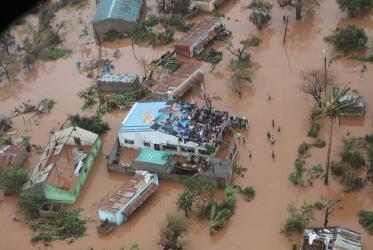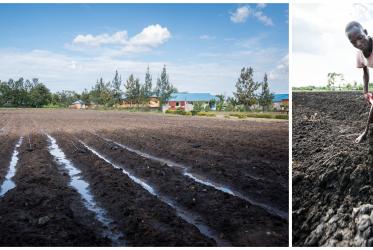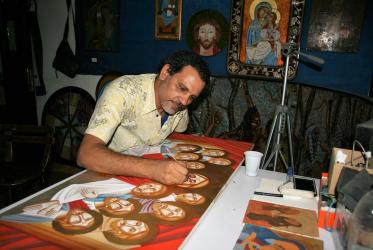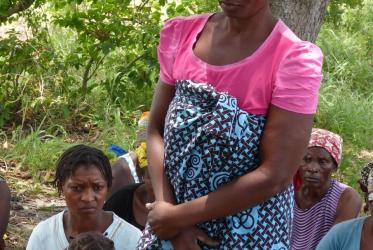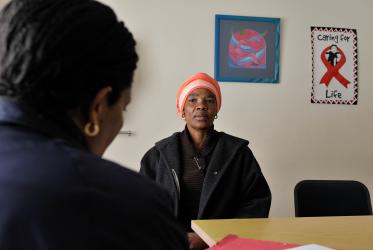Displaying 61 - 80 of 155
WCC member churches join “End Violence in Schools” campaign
14 February 2019
WCC mourns passing of Calle Almedal
11 June 2018
New study lifts up voices of small farmers in Mozambique
24 August 2017
Dutch Reformed Church looks to Africa, after troubled past
08 August 2017
Food and land justice focus of Mozambique workshop
19 December 2016
Local work by faith-based groups key to ending AIDS
27 June 2016

